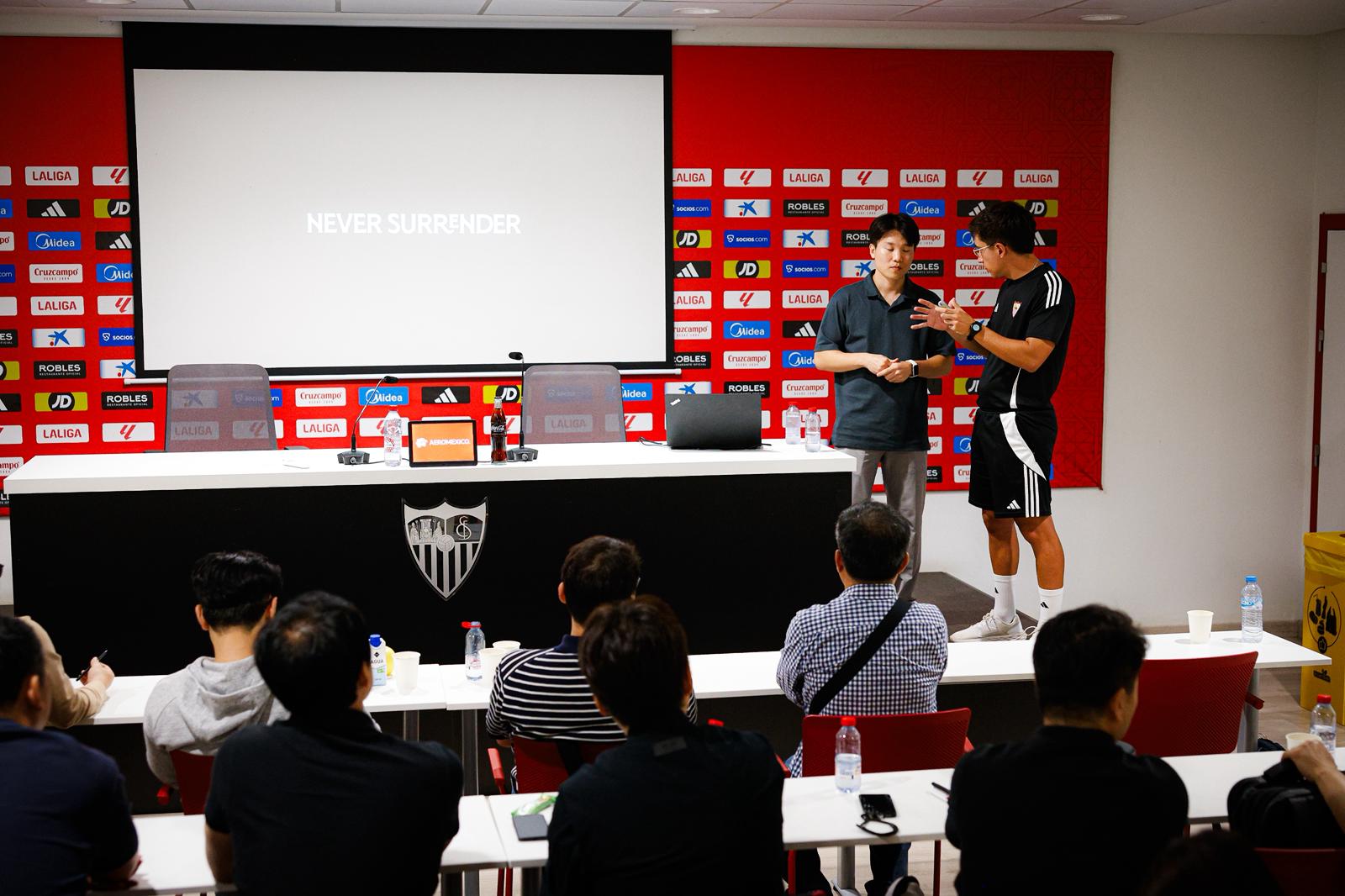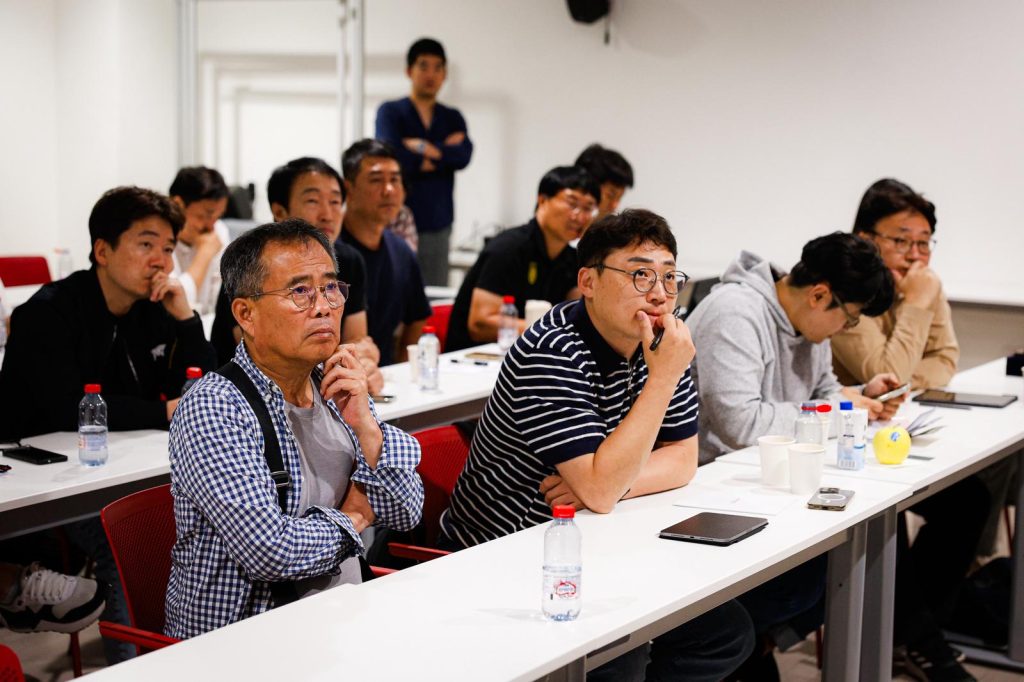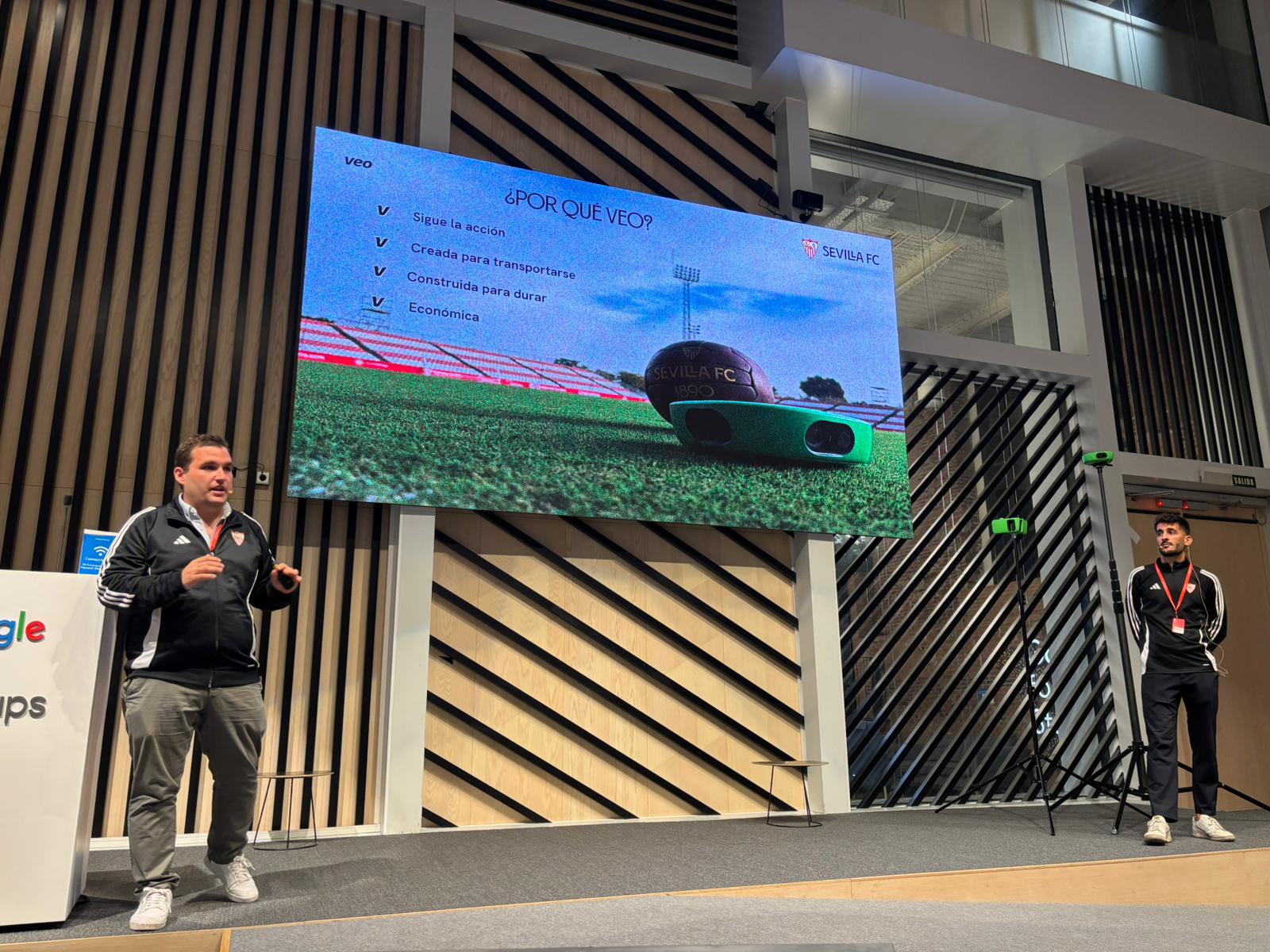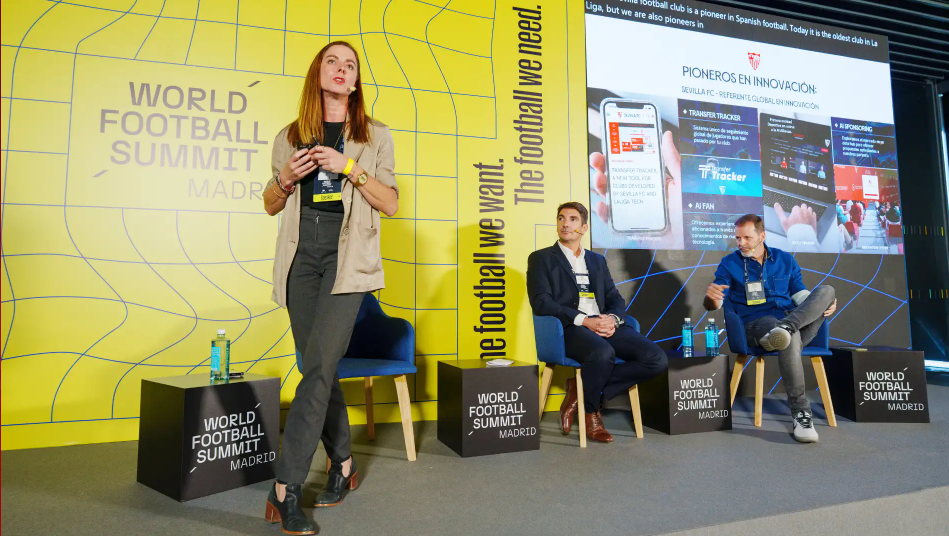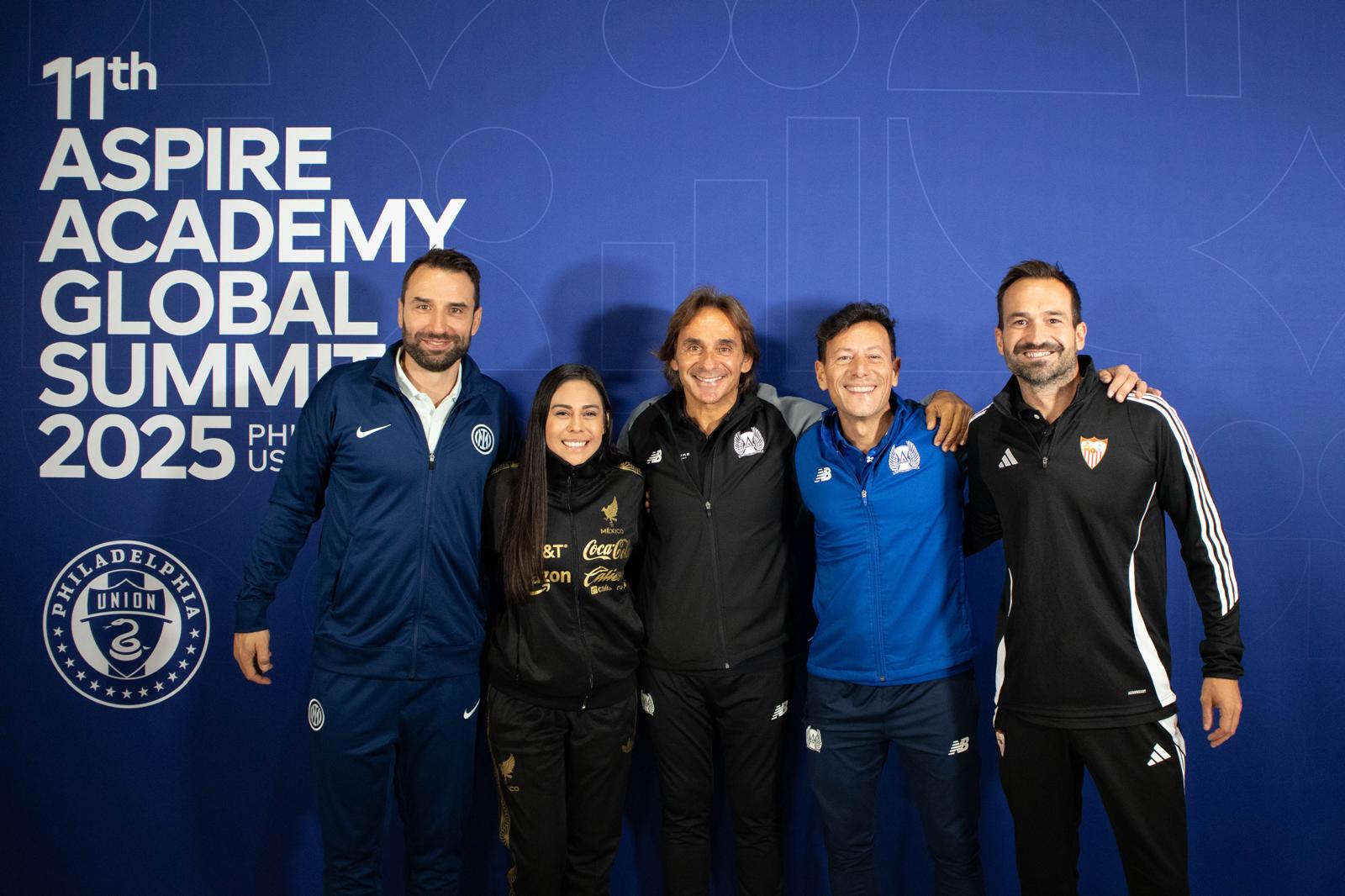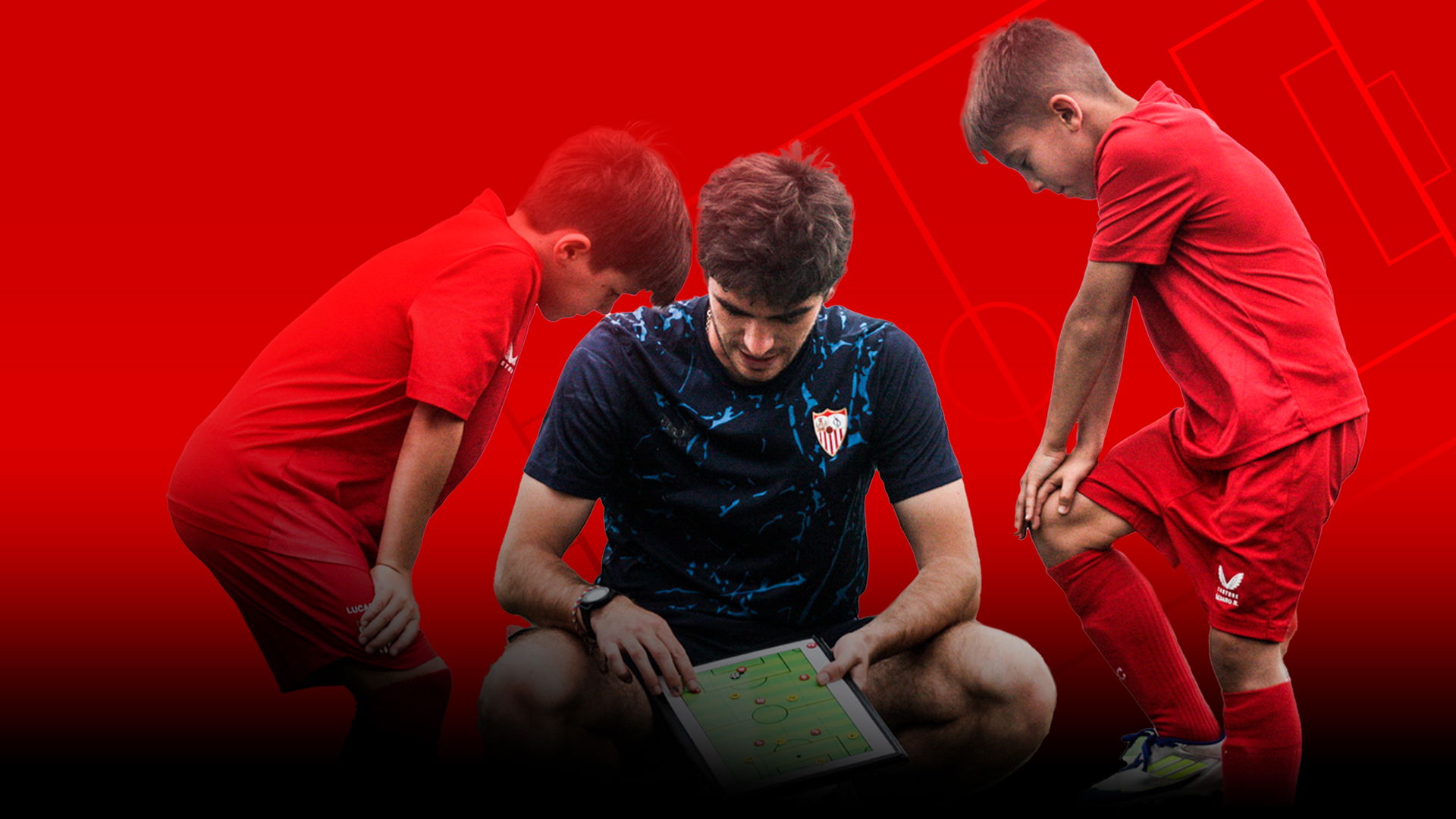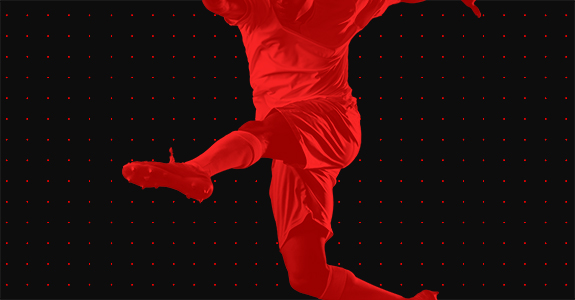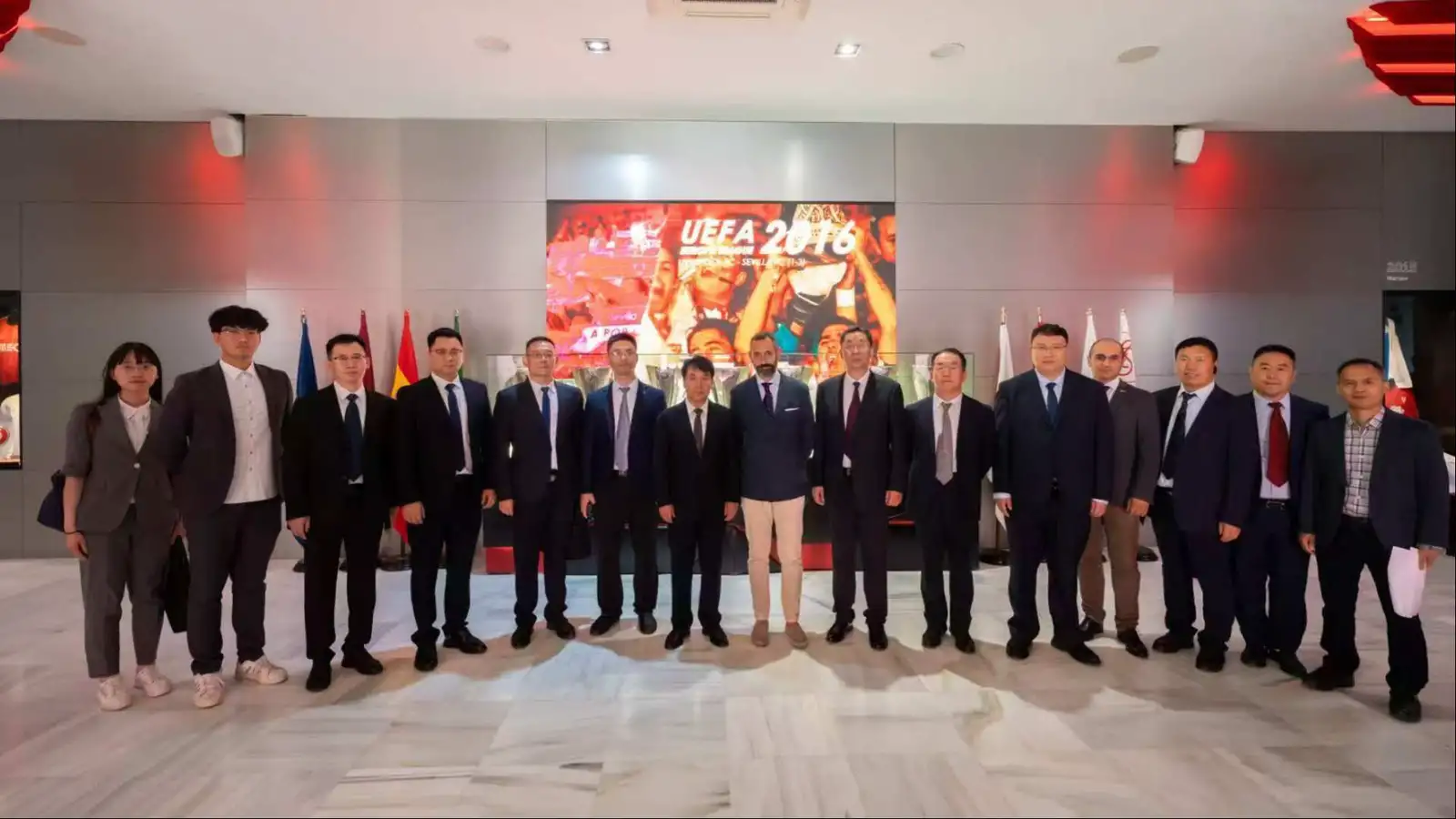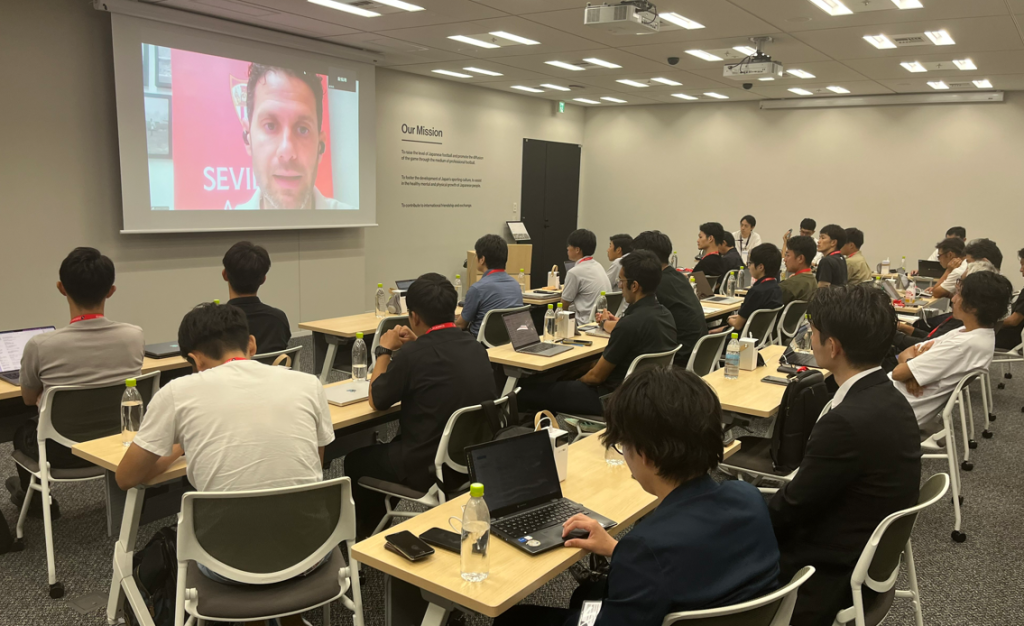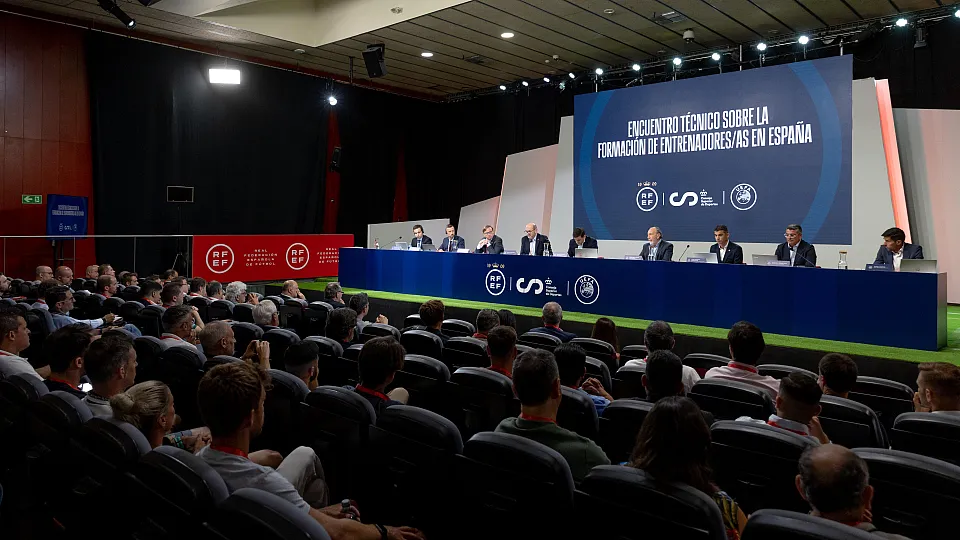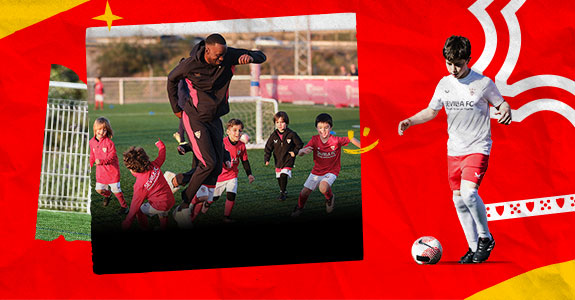
Sevilla FC has reached a strategic agreement with FSI Training, a company specialized in professional football education and development. This alliance holds a special significance for the club, as Bernardo Requena, CEO of FSI Training, served as the first team’s fitness coach during the 2004-2005 and 2005-2006 seasons, closing nearly two decades later a circle of collaboration between the two institutions.
The agreement has an initial duration of one year, with the possibility of renewal, and represents a solid step toward generating value for both FSI Training students and Sevilla FC professionals.
Opportunities for FSI Training Students
Thanks to this agreement, students enrolled in FSI Training’s Professional Football Master’s programs will have the opportunity to undertake internships at Sevilla FC, gaining direct experience in a club recognized in LaLiga and European football.
In addition, Sevilla FC joins FSI Training’s network of partner clubs, allowing the club to post job offers through the platform and access specialized profiles from FSI’s international community of students and professionals.
Collaboration in Research with FSI Lab
The alliance also includes Sevilla FC’s participation in FSI Lab projects, FSI Training’s scientific laboratory, aimed at developing applied research in high-performance football.
Led by internationally recognized sports scientist Fabio Nakamura, FSI Lab will allow Sevilla FC to join ongoing research lines or develop new initiatives alongside the FSI team.
The agreement also covers collaboration in the continuous education of Sevilla FC’s coaching staff. Through FSI Training programs, club professionals will have the opportunity to develop in an academic and scientific environment of excellence.
An Expanding Global Network
With this alliance, Sevilla FC joins more than 40 elite clubs that already collaborate with FSI Training worldwide. In doing so, the club strengthens its mission to connect education, practice, and applied scientific research in professional football, providing value to both students and partner clubs.
